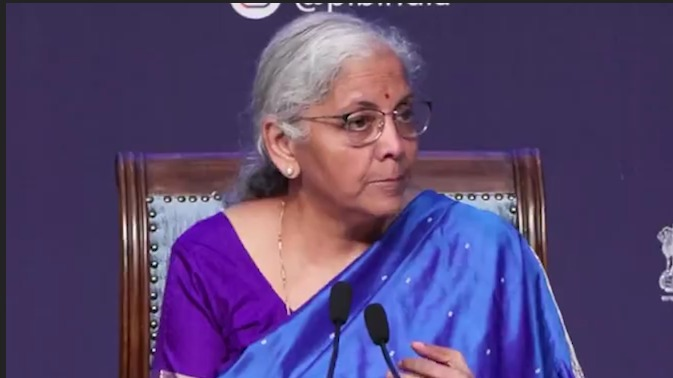The GST Council has approved a comprehensive rate rationalisation aimed at easing the tax burden on the common man, labour-intensive industries, farmers, and key sectors of the economy. In a briefing in New Delhi, Finance Minister Nirmala Sitharaman announced that GST rates on items such as household essentials, medicines, and insurance have been significantly reduced. From the 22nd of this month, coinciding with Navratri, GST on common household items like soap, shampoo, toothbrushes, bicycles, and kitchenware has been lowered to 5%. Additionally, GST on ultra-high temperature milk, chena, and paneer has been reduced to zero, while Indian breads will now enjoy a nil rate. Food items like chocolates, sauces, pasta, instant noodles, and ghee will also attract only 5% GST, making daily essentials more affordable for consumers.
In the healthcare sector, the council approved the exemption of GST on all individual life insurance policies, including term life, ULIPs, endowment plans, and health insurance policies for families and senior citizens. GST on 33 life-saving drugs and medicines has been reduced from 12% to nil, and from 5% to nil on three critical drugs used for cancer and rare diseases. Medical apparatus and devices used for surgical, dental, or veterinary purposes have seen their GST reduced from 18% to 5%. Furthermore, GST on various electronic appliances such as TVs, air-conditioners, and small vehicles has been lowered to 18% from 28%, benefiting consumers and industry alike. GST on agricultural equipment has also been cut from 12% to 5%, supporting farmers and the agriculture sector.
The GST Council’s decisions are part of a broader effort to streamline tax reforms, enhance compliance, and promote economic growth. The council, chaired by Finance Minister Sitharaman, also reduced the number of GST slabs from four to two, eliminating the 12% and 28% rates to create a simpler, more predictable tax structure. The rationalisation is expected to generate a revenue impact of around 48,000 crore rupees, deemed fiscally sustainable for both the Centre and states. The 56th meeting, held in New Delhi with participation from various Union and State officials, focused on next-generation GST reforms, including rate simplification and measures to enhance transparency and stability in the tax regime.

